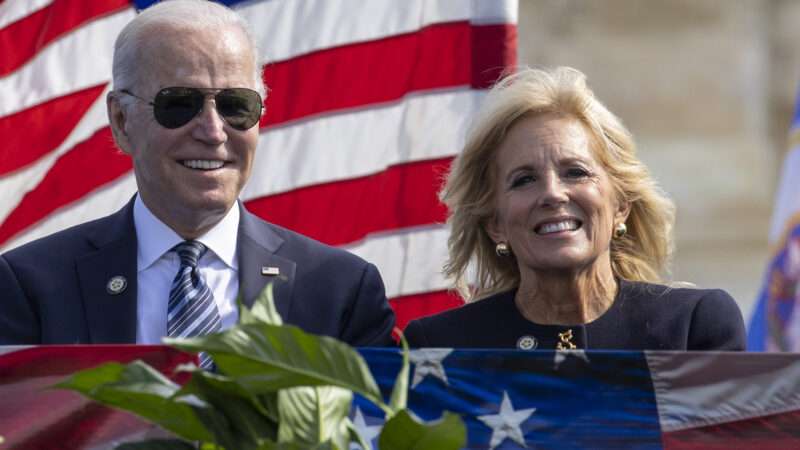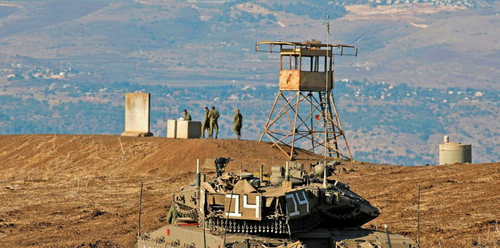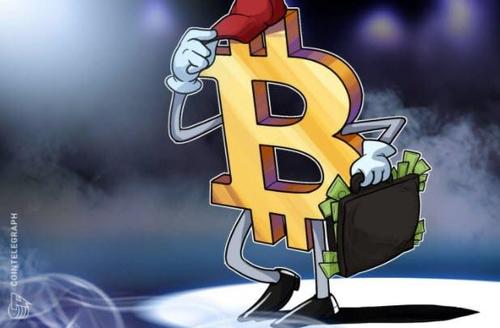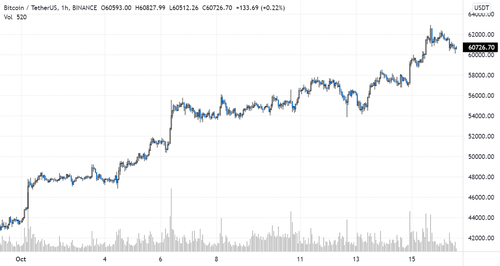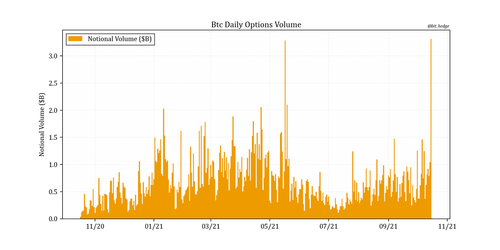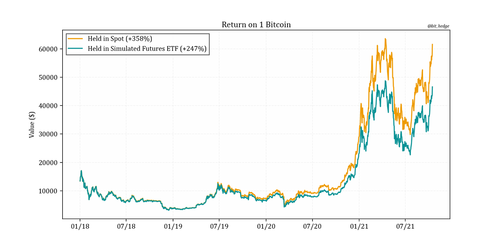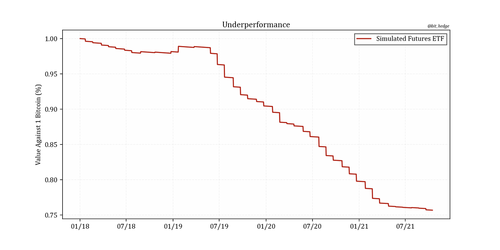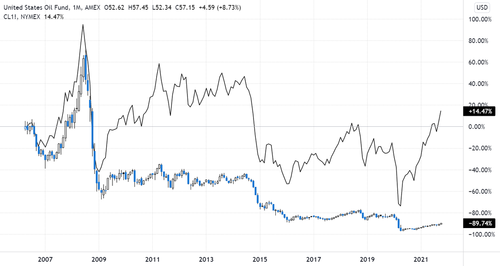The Supreme Court on Monday issued two opinions awarding qualified immunity to police officers accused of brutality, overturning lower court decisions that came to the opposite conclusion. The Court has thus prohibited the alleged victims from seeking accountability in civil court.
The doctrine of qualified immunity shields government actors from civil suits if the ways in which they are said to have misbehaved, and the exact circumstances surrounding the events in question, have not yet been spelled out as unconstitutional in a prior court ruling.
It can be a low bar. Previous recipients of qualified immunity include two cops who allegedly stole $225,000 while executing a search warrant, more than two dozen cops who damaged an innocent man’s house during a drug raid on the wrong residence, cops who shot children, and cops who used force against subdued suspects and those who had surrendered—not because their conduct was necessarily permissible but because no court precedent had yet said the precise components of each case violated the Constitution.
Monday’s decision adds a few more to that list, including a cop in Union City, California, accused of injuring a man after pressing his left knee into the suspect’s back, as well as two officers in Tahlequah, Oklahoma, who shot and killed a man wielding a hammer.
Whether or not those officers deserve to pay damages to their accusers is not a question I have the answer to. But it’s a question that should be answered by a jury of their peers, who are constitutionally tasked with taking on that duty—and not a few judges sitting on high. Should the Supreme Court have agreed with the lower courts’ decisions and decided to withhold qualified immunity, neither plaintiff would have necessarily been awarded damages: They would simply have been legally permitted to argue their case before a jury, which they will now not have the privilege of doing.
In the first case, Officer Daniel Rivas-Villegas responded to a 911 call from a 12-year-old, who was afraid that Ramon Cortesluna, her mother’s ex-boyfriend, would hurt her and her family. When Rivas-Villegas apprehended Cortesluna on the ground, he allegedly injured him by digging his knee into his back for eight seconds. According to the U.S. Court of Appeals for the 9th Circuit, it was already clearly established law that an officer violates the Fourth Amendment when he acts in such a way with “suspects who were lying face-down on the ground and were not resisting either physically or verbally, on whose back the defendant officer leaned with a knee, causing allegedly significant injury.”
The Supreme Court disagreed, writing that there was no preexisting court precedent quite similar enough to exactly what happened between Rivas-Villegas and Cortesluna such that the officer would have been on notice that his conduct was unconstitutional.
In the second case, Officers Josh Girdner, Chase Reed, and Brandon Vick responded to an emergency call when Dominic Rollice’s ex-wife said he was drunk and would not leave the house. Upon arriving at the scene, the officers cornered Rollice in the garage, at which point he grabbed a hammer and appeared like he might throw it at one of the officers. Girdner and Vick then shot and killed Rollice.
The U.S. Court of Appeals for the 10th Circuit concluded that, although the shooting may have itself been reasonable, a jury could find that the cops created the situation when they cornered Rollice in the garage, and that such a move violated previously established law. The Supreme Court again disagreed, declining to determine if Rollice’s constitutional rights were violated but writing that the precedents were too disparate from the exact situation at hand.
Most troubling in today’s decision was the Court’s reiteration that it “is especially important in the Fourth Amendment context” to find identical court precedents when examining qualified immunity cases. That standard is what has made it so difficult for victims of government abuse to have a remote chance at holding the culprits accountable, including, for instance, the mother of the 10-year-old boy who was lying on the ground when Coffee County Sheriff’s Deputy Michael Vickers shot him. The cop was instead trying to kill a nonthreatening dog, who was a mere foot and a half away from the boy.
While the U.S. Court of Appeals for the 11th Circuit admonished Vickers, it did not allow the boy’s mother to sue for the money she lost to her son’s medical treatment, as she was unable to find a court ruling that mimicked that nightmarish day to a T. The odds are bleak.
Supporters of qualified immunity often say that without the doctrine, state officials would be inundated with vacuous lawsuits. Such a theory contradicts reality. Without qualified immunity, plaintiffs would still be required to prove that the government affirmatively violated their rights before going to trial. Qualified immunity is only the second piece, which then requires a victim to locate a matching court ruling. And the Supreme Court’s decision today is another reminder of why that process is a frustrating one: The justices specifically demurred at the opportunity to decide if the alleged victims here had their constitutional rights violated. We’re told that they need to find that perfect precedent, and then the courts often decline to establish those precedents when given the chance.
Today’s decision also represents somewhat of a departure for the Court. Though it has avoided the opportunity to conduct a wholesale reevaluation of qualified immunity—a legal principle it legislated into existence decades ago—it had seemingly taken steps over the last year to send the message that the lower courts were being too specific with their qualified immunity jurisprudence. That first step came in Taylor v. Riojas, a case that saw the justices claw back qualified immunity from a group of prison guards that threw a naked inmate in cells filled with sewage and feces, and the second was in McCoy v. Alamu, where the Court overturned a qualified immunity grant to a prison guard who pepper-sprayed an inmate without provocation. Clarence Thomas, the Court’s most conservative justice, and Sonia Sotomayor, one of the more liberal justices, have both recently taken aim at qualified immunity.
But victims of government abuse will have to wait longer still. “What these two decisions illustrate is that the Supreme Court—despite its decisions last term in Taylor v. Riojas and McCoy v. Alamu—does not seem interested in making any fundamental alterations to the doctrine of qualified immunity,” says Jay Schweikert, a research fellow with the Cato Institute’s Project on Criminal Justice. “To the contrary, both these decisions clearly reinforce the idea that overcoming qualified immunity generally requires a prior case with nearly identical facts.”
from Latest – Reason.com https://ift.tt/3FZOMow
via IFTTT
